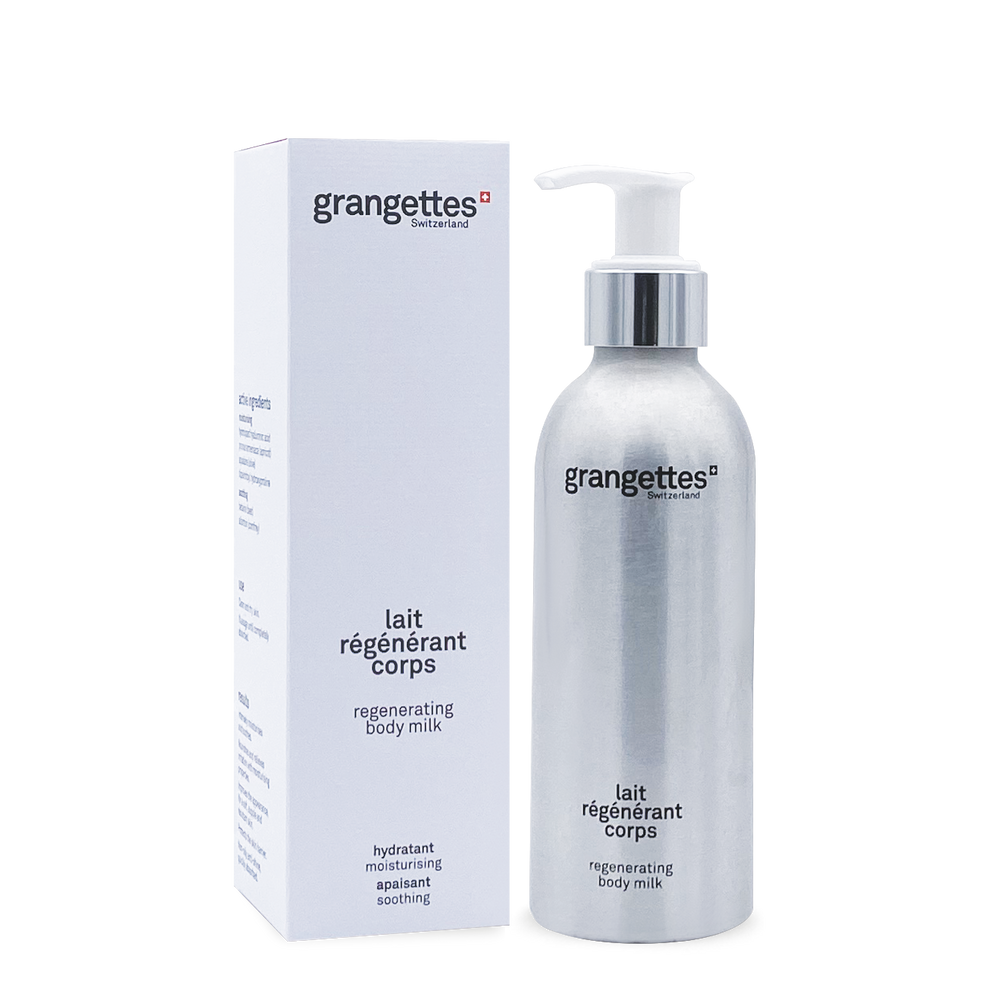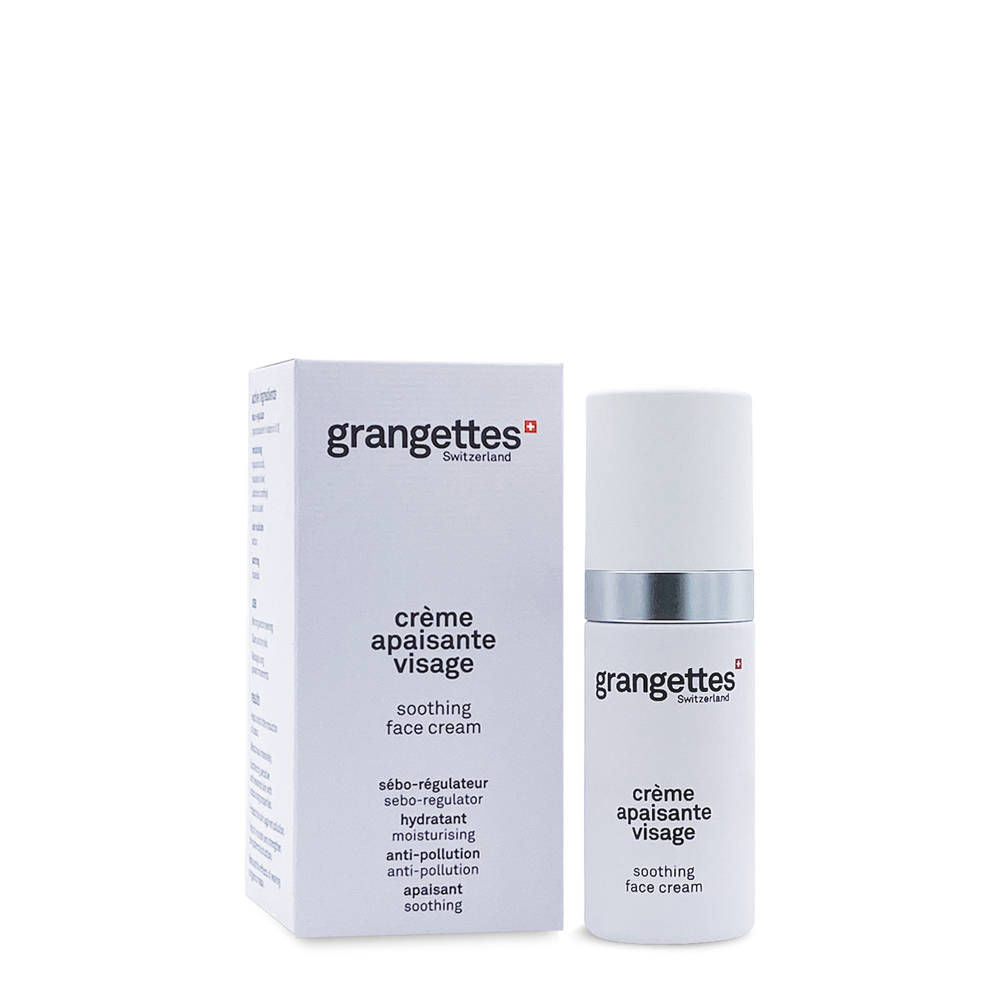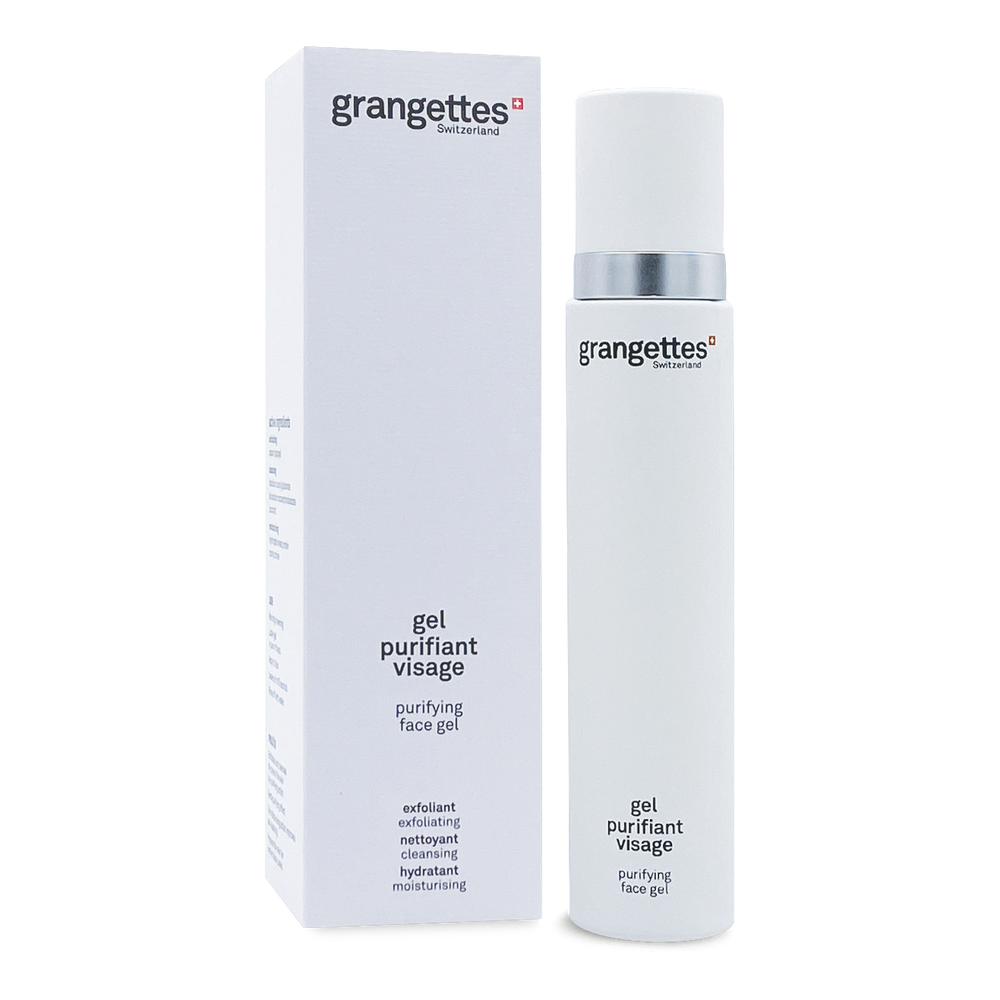Rough skin, what are we talking about?
Rough skin is skin that has a dull appearance, signs of flaking, cracking, inflammation, and loss of elasticity.
You perceive your skin as uncomfortable, tight, rough. This sensation is accompanied byitching and burning sensations. Applying a moisturizing and nourishing body lotion calms this discomfort and tightness.
The irregularities that we observe on the surface of rough skin are all the more important the dry it is. Indeed, dry skin often leads to the appearance of eczema, particularly in the form of achromic eczematides, on the cheeks and arms of childrenin particular.
Why is my skin rough?
A limestone water
Several factors can explain the appearance of rough skin. If you shower with very hard water, it attacks the skin. When water is hard, your skin feels tight after contact with water on your body. This problem is accompanied by irritation and itching, red patches, and sometimes dermatological disorders such as dermatitis, eczema or psoriasis.
When you heat hard water to shower, the calcium and magnesium ions, which are responsible for the formation of limescale, form microcrystals which are deposited on the skin and cause this tingling sensation. The hotter the water, the greater the quantity of limescale deposited, and the more intense the skin problems will be.

Prolonged exposure to the sun
Prolonged exposure to the sun over years causes rough skin. In question? UVA, which causes oxidative stress caused by free radicals. In younger people, this stress is compensated by natural regulatory mechanisms. But as we age, and in the event of prolonged exposure to the sun, this mechanism ends up being overwhelmed: from then on, free radicals increase, and the consequences on the epidermis are numerous: degradation of elastin and collagen, skin that loosens, loss of elasticity and firmness...
A cold and dry weather
In cold, dry weather, especially inwinter , the skin dries out quickly. It becomes rough , the peeling can be intense, and is accompanied by chapping and cracks on the skin.
clothes that are too tight
If you wear clothes that are too tight, which rub certain areas of the skin, it can make your skin rough. This phenomenon is intensified when you wear synthetic materials, which heat the skin and encourage perspiration. The epidermis cannot breathe, itching is felt, and the skin becomes fragile and rough.
Excessive body hygiene
This is particularly the case when you take baths that are too hot, and too often: they eliminate the protective fatty film, which weakens your epidermis, and represents a favorable playground for the arrival of rough skin.
Other factors that cause rough skin
Frequent handling of household products, a diet low in essential fatty acids or zinc, or even hormonal factors such as puberty, pregnancy, or menopause can lead to rough skin.
This is also the case for certaindiseases,such as thyroid disorders (hypothyroidism), psoriasis, eczema (atopic dermatitis), or even diabetes.
Finally, certain drug treatments, such as acne treatments, certain diuretics, or even topically applied medications containing alcohol can also make the skin rougher.

When should you consult?
It is best to consult a doctor when your rough skin is accompanied by redness or a rash, or when the application of moisturizing creams or balms fails to provide relief. Also check if the itching wakes you up at night, or if the lesions are infected.
The healthcare professional will take care to examine your skin in detail to look for eczema, an infection or a cause of this dry skin. He can guide you towards emollient treatments, which aim to boost skin hydration. He may also prescribe a local treatment based on topical corticosteroids to reduce irritation and inflammation.

What solutions for rough skin?
Rough skin needs to regain its suppleness and elasticity . To smooth it, you can first turn to moisturizing and gentle products. Moisturize it morning and evening using balms or creams which will act to restore the epidermal barrier and water balance.
A body milk
Grangettes moisturizing milk is applied to clean, dry skin after a shower. It's a soothing treatment with micro-fragmented hyaluronic acid that can truly transform your skincare routine. Thanks to this formula, the structure of the skin is maintained, and its hydration is regulated. Hydrolyzed hyaluronic acid , prunus armeniaca (apricot), squalane (olive) and dipalmitoyl hydroxyproline provide deep and long-lasting hydration to the skin.
To soothe your skin, you can count on betaine from beets and Allantoin from comfrey, two soothing active ingredients that calm and soften the skin.
- Regular price
- 40,20 €
- Regular price
- Sale price
- 40,20 €
- Unit price
- per
A soothing face cream
To avoid rough skin, your face needs softness. Opt for a soothing age cream with moisturizing, anti-pollution and soothing active ingredients. In Grangettes Switzerland cream , hyaluronic acid acts alongside squalane, Allantoin and Betaine to deeply hydrate your skin and soften it. It was designed to address specific skin needs, such as oil regulation, redness, dryness and acne.
- Regular price
- 40,20 €
- Regular price
- Sale price
- 40,20 €
- Unit price
- per
A lukewarm shower
Avoid taking showers that are too hot: as we have seen, when hard water is heated too much, it damages the skin. To protect your skin, opt for lukewarm showers, once a day, and avoid baths that are too hot.
Gentle cleansers
Opt for a gentle cleansing gel and make sure not to rub the skin to dry it but to dab it gently with a towel that does not irritate the skin.
Ready to fight against rough skin?
- Regular price
- 41,35 €
- Regular price
- Sale price
- 41,35 €
- Unit price
- per







